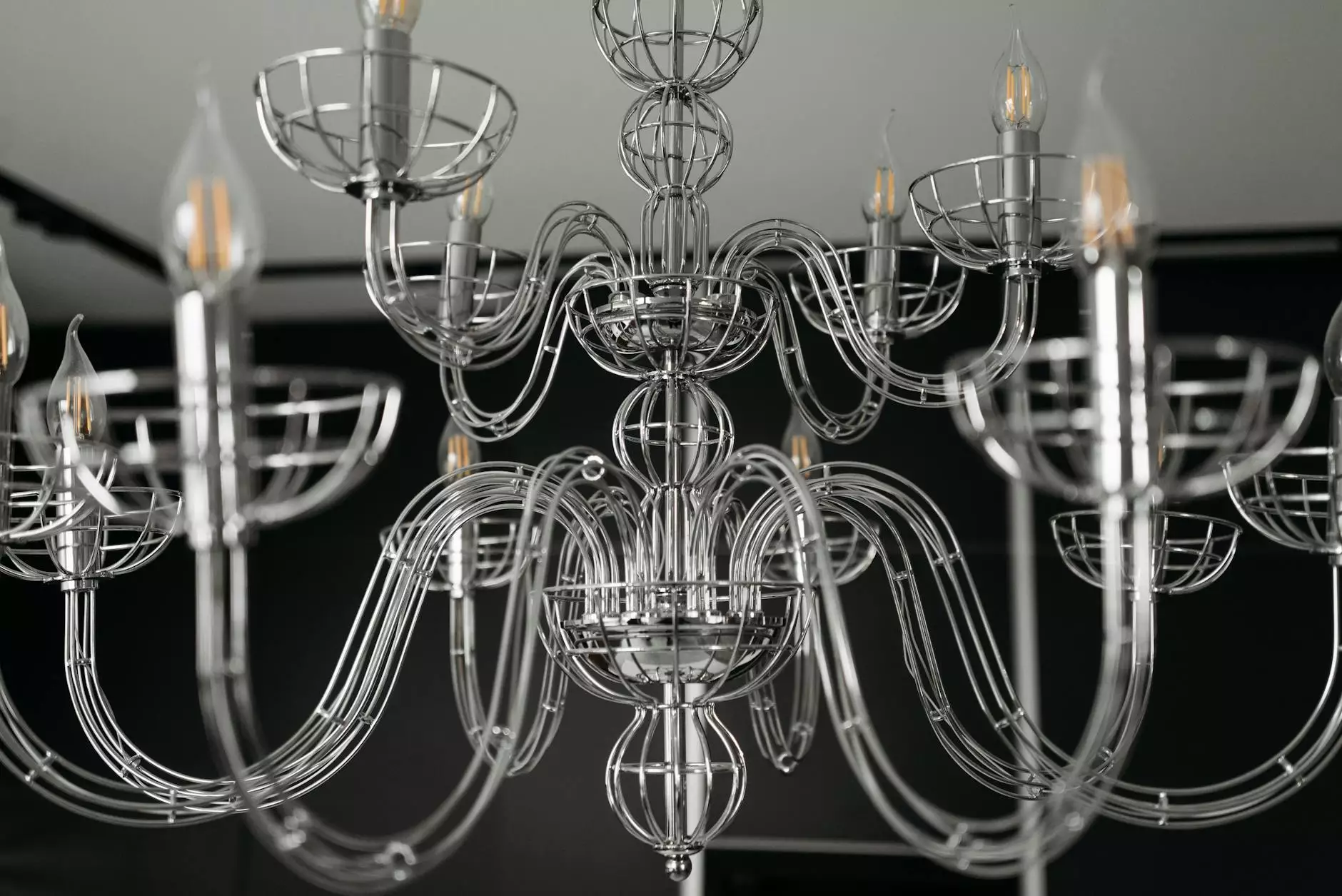Unveiling the Versatility of Boxed Units in Real Estate and Contracting

In today's fast-paced world, the demand for innovative solutions in the real estate and contracting sectors has never been greater. Among these solutions, boxed units stand out for their flexibility, efficiency, and affordability. This article aims to delve deep into what boxed units are, their applications, benefits, and how they are becoming essential in the modern landscape of real estate.
What are Boxed Units?
Boxed units are pre-fabricated structures that are manufactured off-site and then transported to their final location. These units come in various sizes and designs, making them suitable for a range of applications, from residential homes to commercial buildings and even temporary facilities. The construction process involves assembling the units in a controlled environment, ensuring quality and consistent standards.
Types of Boxed Units
- Modular Homes: These are fully functional homes built in sections, which can be combined to create larger living spaces.
- Portable Offices: Ideal for construction sites or temporary projects, these units can be relocated as needed.
- Storage Units: Boxed units provide efficient storage solutions for both personal and business needs.
- Classrooms and Educational Facilities: Many schools utilize boxed units for additional classroom space or temporary buildings.
Benefits of Boxed Units
The rise of boxed units in the real estate and contracting field can be attributed to various advantages they offer. Here are some key benefits:
1. Cost Efficiency
One of the primary reasons for the popularity of boxed units is their cost-effectiveness. Traditional construction methods can be expensive and time-consuming due to labor costs and material waste. In contrast, boxed units can significantly reduce these expenses:
- Lower labor costs due to the streamlined assembly process.
- Reduced material waste as units are made to order.
- Faster construction timelines leading to quicker occupancy and returns on investment.
2. Flexibility and Customization
Boxed units are highly adaptable, allowing for customization in design and functionality. This means companies can create spaces tailored to their specific needs, whether for a unique home layout or a specialized commercial application. This flexibility also extends to:
- Expandable configurations where additional units can be added later.
- Various design styles, from contemporary to traditional.
- Energy-efficient options that can be integrated into the architecture.
3. Sustainability
In an era where sustainability is paramount, boxed units provide an environmentally friendly alternative. The off-site construction reduces disturbance to the land and can incorporate sustainable materials. Additionally:
- Energy-efficient options help decrease energy consumption.
- Many boxed units are made from recycled or reclaimed materials.
- Management of waste is more efficient during the factory construction phase.
Applications of Boxed Units in Real Estate
The versatility of boxed units means they can be used in various sectors within real estate. Here’s how they are making an impact:
1. Affordable Housing Solutions
With the housing market becoming increasingly inaccessible for many, boxed units present an affordable alternative. They can be designed to offer quality living spaces without exorbitant prices. Many organizations and governments are exploring boxed units to provide:
- Quick housing solutions for low-income families.
- Temporary housing for natural disaster victims.
2. Commercial Establishments
Commercial businesses are turning to boxed units for their ability to provide rapid deployment and lower construction costs. They can serve as:
- Retail spaces, enhancing the customer experience with well-designed environments.
- Pop-up shops, capitalizing on seasonal markets or events.
- Restaurants and cafes, especially in urban areas where space is limited.
3. Emergency and Temporary Facilities
In times of crisis, boxed units can be deployed rapidly to serve various functions. Their modular nature allows them to be set up quickly as:
- Emergency shelters following natural disasters.
- Medical facilities during crises, such as pandemics or large-scale emergencies.
- Event and festival venues that can be dismantled after use.
Boxed Units and Contractors: A Partnership for Success
For contractors, the integration of boxed units into their businesses offers numerous advantages. By leveraging boxed units, contractors can:
1. Increase Project Efficiency
With reduced construction timelines, contractors can complete more projects in less time, leading to greater profitability. In addition:
- Time constraints are minimized with pre-built units.
- Coordination with subcontractors becomes easier due to predictable assembly processes.
2. Expand Service Offerings
Contractors can diversify their service portfolios by including boxed units. This can attract new clients and help meet a wider range of needs:
- Offering customized units for specific client desires.
- Building partnerships with suppliers of boxed units for competitive pricing.
3. Enhance Client Satisfaction
The rapid delivery and quality of boxed units can significantly improve client relationships. Satisfied clients are likely to return and recommend services to others:
- Faster turnarounds offer clients homes or facilities sooner.
- Quality assurance from factory production builds trust and brand loyalty.
Future Trends in Boxed Units
As technology advances and lifestyles change, so too will the applications and designs of boxed units. Some anticipated trends include:
1. Smart Technology Integration
Smart technology in home and office spaces is becoming the norm. Boxed units are expected to incorporate smart home features:
- Integration of IoT devices for enhanced living experiences.
- Energy management systems for increased efficiency.
2. Increased Focus on Sustainability
The push for sustainable practices in construction will influence future boxed unit designs. Expect:
- Further innovations in sustainable materials and processes.
- Development of zero-energy and passive house designs.
3. Customization and Personalization
As consumer preferences shift towards personalization, boxed units will provide even more customizable options. This may involve:
- Allowing clients to select layouts and designs suited to their specific needs.
- Enhancements that focus on individual lifestyles, from work-from-home spaces to recreational facilities.
Conclusion
In conclusion, boxed units are redefining the future of real estate and contracting. Their benefits, ranging from cost efficiency to sustainability, position them as a versatile solution in an evolving market. For businesses such as albandarpht.com, investing in boxed units might just be the key to staying ahead in a competitive landscape.
As the world progresses, keeping an eye on trends and innovations in boxed units can provide valuable insights into future opportunities. Whether you are a potential homeowner, a contractor, or an investor, now is the time to consider the unique advantages that boxed units offer.









